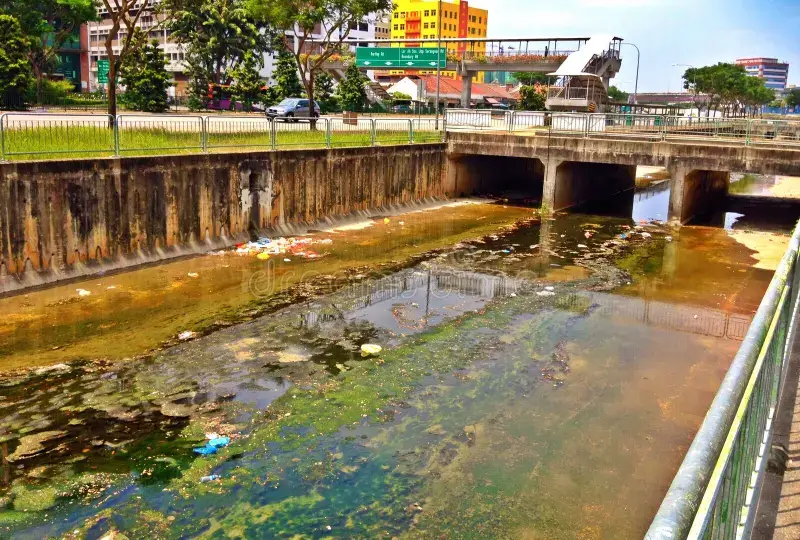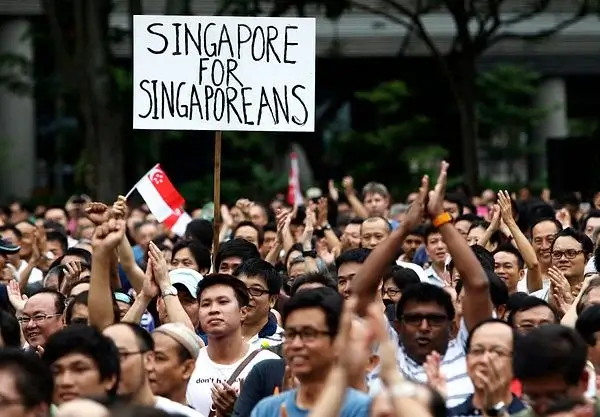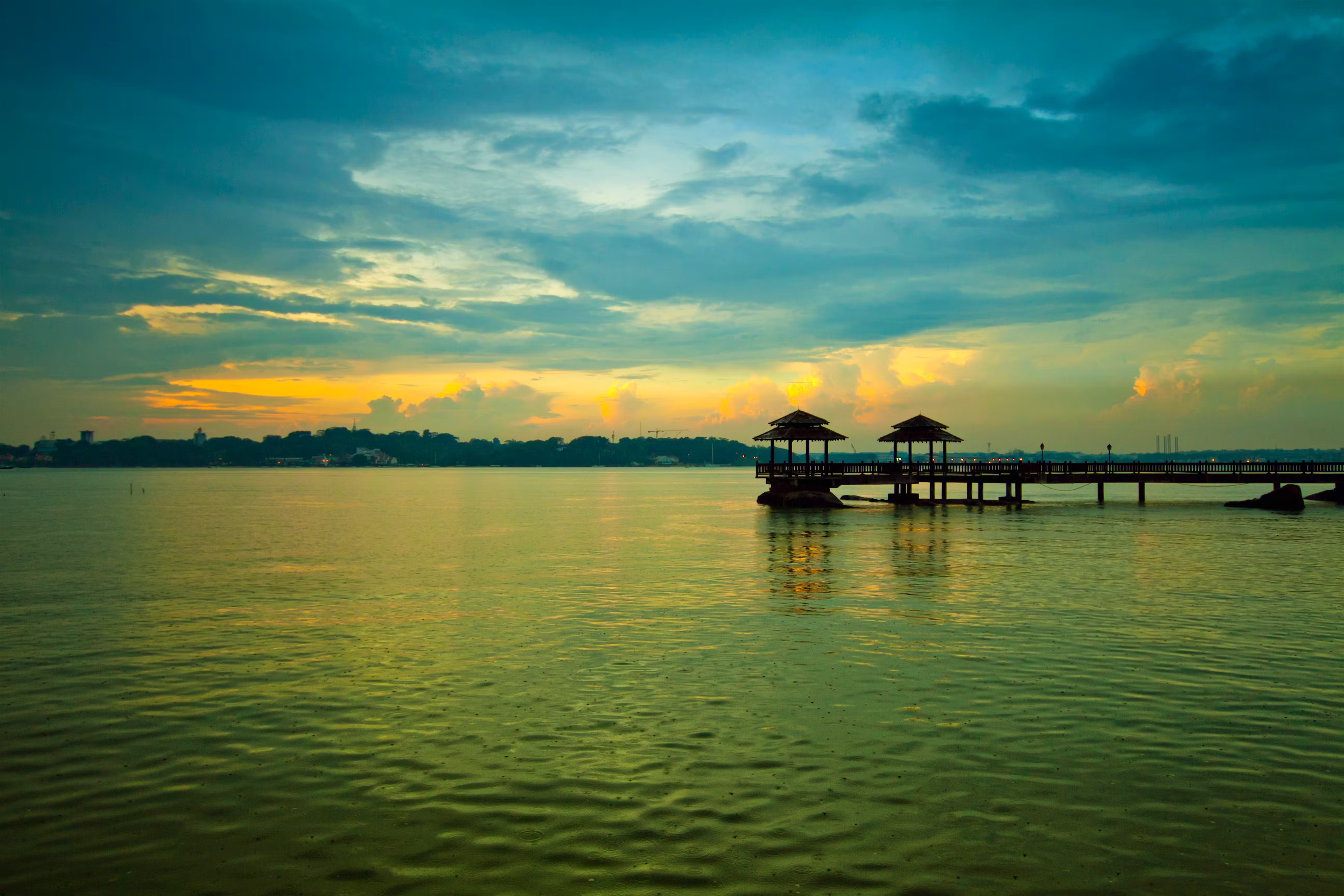The Rise of Singapore:

From Humble Beginnings to Global Powerhouse
eyesonsuriname
Amsterdam, September, 27th, 2024 – Singapore’s journey from a small, resource-poor island to one of the world’s wealthiest nations is nothing short of extraordinary. This transformation, often dubbed the “Singapore Miracle,” is a testament to visionary leadership, strategic economic policies, and the resilience of its people. However, this rapid ascent has not been without its challenges, particularly in terms of social inequality and environmental sustainability.
Economic Boom: The Benefits of Wealth
Singapore’s economic success story began in the 1960s under the leadership of its first Prime Minister, Lee Kuan Yew. The government implemented policies that attracted foreign investment, developed a robust manufacturing sector, and transformed the city-state into a global financial hub1. Today, Singapore boasts one of the highest GDP per capita in the world, a thriving business environment, and a high standard of living for many of its residents.
The benefits of this wealth are evident in the country’s world-class infrastructure, excellent healthcare system, and top-tier education institutions. Singapore’s strategic location and business-friendly policies have made it a magnet for multinational corporations, further boosting its economic prowess.
The Social Cost: Rising Inequality
Despite its economic achievements, Singapore faces significant social challenges. Income inequality remains a pressing issue, with the gap between the richest and poorest widening over the years2. The high cost of living exacerbates this divide, making it difficult for lower-income families to afford basic necessities3. The Gini coefficient, a measure of income inequality, has shown some improvement but still highlights the disparity between different segments of society2.
The government’s efforts to address inequality through social welfare programs and progressive taxation have had some impact, but the underlying issues persist. The focus on economic growth has sometimes overshadowed the need for more inclusive policies that ensure all citizens benefit from the nation’s prosperity.
Environmental Impact: The Price of Progress

Singapore’s rapid development has also taken a toll on the environment. The city-state’s limited land area has led to extensive land reclamation projects, which have altered natural habitats and ecosystems4. Additionally, the high population density and industrial activities contribute to air and water pollution, posing health risks to residents4.
In recent years, Singapore has made strides in addressing environmental concerns through initiatives like the Singapore Green Plan 2030, which aims to promote sustainable living and reduce carbon emissions4. However, balancing economic growth with environmental sustainability remains a complex challenge.
Cultural Erosion: Losing Touch with Roots

As Singapore modernizes, there is a growing concern about the erosion of cultural heritage. The relentless pace of development has led to the demolition of historic buildings and traditional neighborhoods, making way for skyscrapers and commercial complexes5. This transformation risks losing the unique cultural identity that has been a hallmark of Singapore’s diverse society.
Efforts to preserve cultural heritage, such as the conservation of historic districts and promotion of local arts, are crucial in maintaining a sense of identity and continuity. However, these initiatives often struggle to keep pace with the rapid changes driven by economic imperatives.
Conclusion: Striking a Balance
Singapore’s remarkable rise to wealth and prominence offers valuable lessons in economic strategy and governance. However, it also underscores the importance of balancing development with social equity, environmental sustainability, and cultural preservation. Over-developing an area while neglecting the cultural roots of its people can lead to a loss of identity and social cohesion. As Singapore continues to evolve, it must strive to create a more inclusive and sustainable future that honors its rich heritage and ensures the well-being of all its citizens.
4: Deloitte Singapore 5: New Naratif 1: Wikipedia 3: BBC 2: Channel News Asia
What do you think about Singapore’s approach to balancing growth and sustainability? Leave a comment:-)









